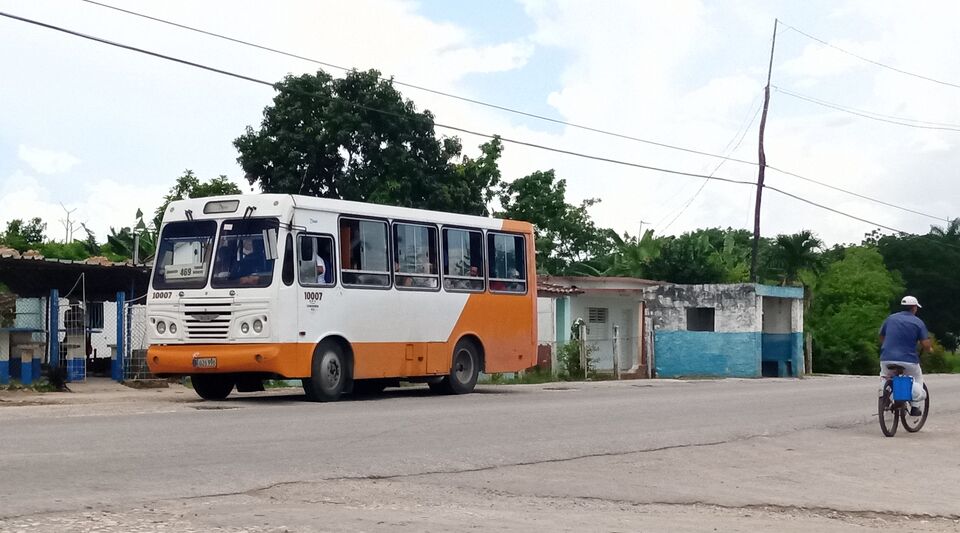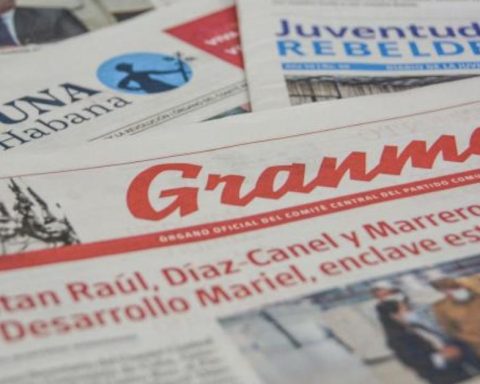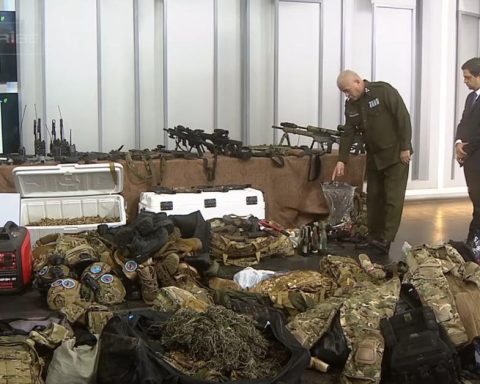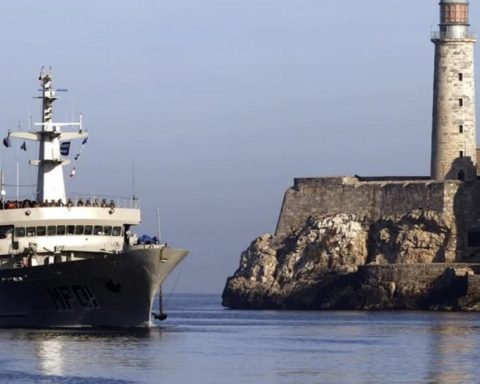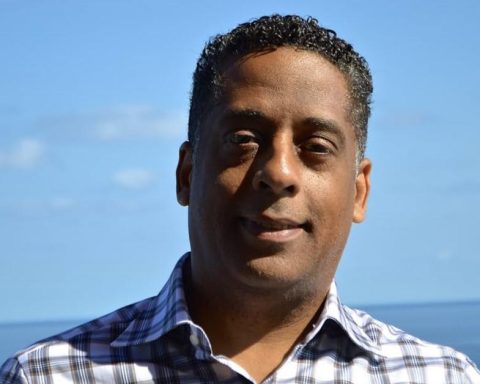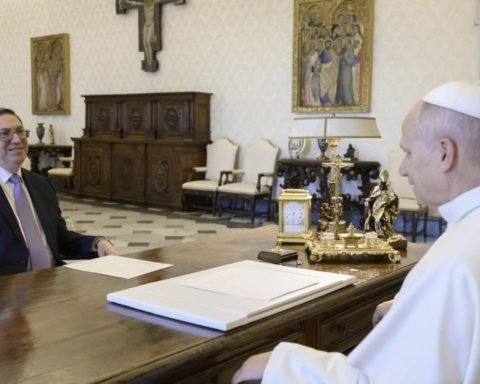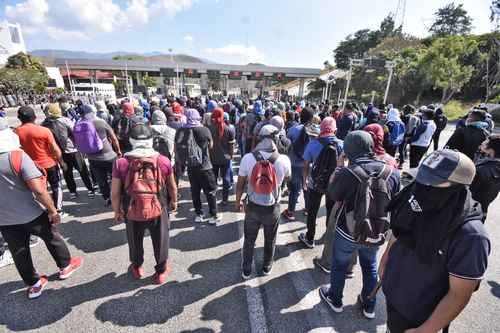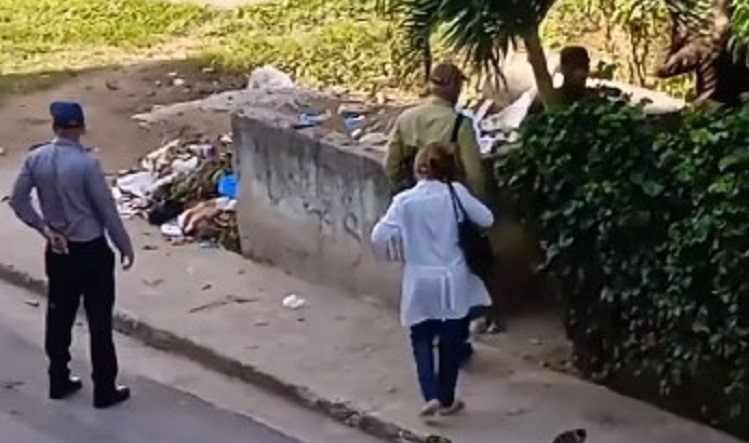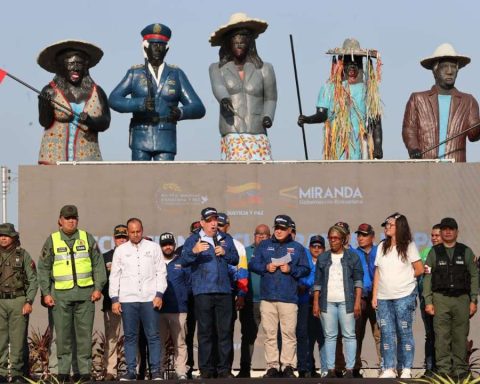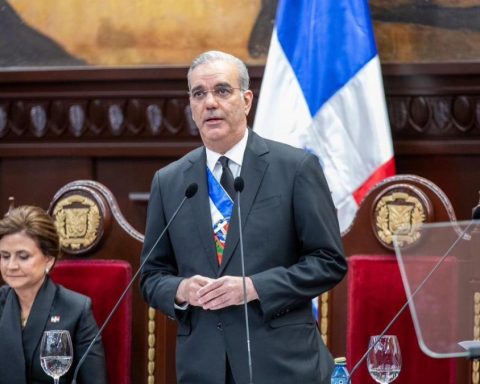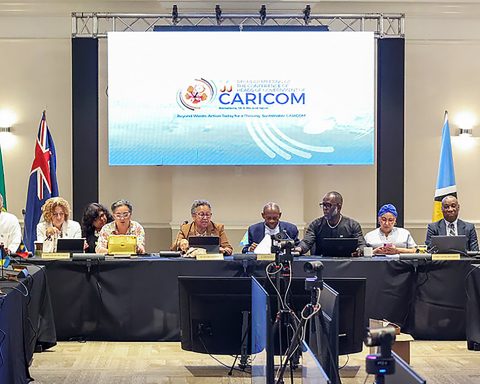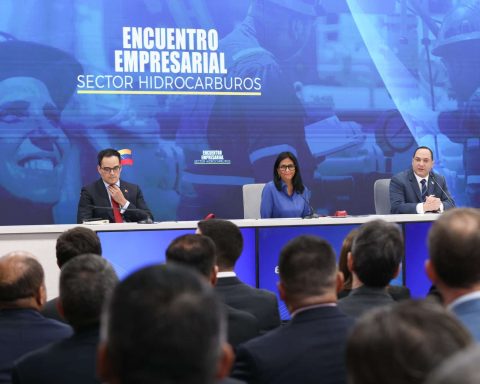Passenger transport is in an extreme situation, as revealed this Sunday in the parliamentary committee attention to services, which took place in the presence of the Prime Minister, Manuel Marrero Cruz. The plan has been fulfilled by just 59%, said Eduardo Rodríguez Dávila, Minister of Transportation, since it was intended to reach 1,733 million passengers (17% less than before the pandemic) and it could only take 1,500.
The reasons are the lack of fuel and technical capacity, which in turn causes losses for the sector. According to the report presented, the coefficient of technical availability (CDT), which allows determining the proportion of vehicles in conditions of use, is barely 42%, but there are areas in which the figure sinks even more, such as in Pinar del Río (30%), Guantánamo (26%) or Santiago de Cuba (23%).
By companies, National Buses is at 48% (and covers only 43% of interprovincial departures compared to 2019); Transmetro, 50%, and School, 53%. More worrying data, the Turquino Plan, with which the mountainous and inaccessible areas of the Island are communicated, has 110 of its 198 routes not working.
More worrying data, the Turquino Plan, with which the mountainous and inaccessible areas of the Island are communicated, has 110 of its 198 routes not working
The railway is not doing well either and this is nothing new, since there is a lack of cars and the infrastructure is not in good condition either, which reduces capacity. According to the data, the locomotives – the few that exist – could carry 12 or 13 cars but they must go with only 11.
By sea, more trouble. The Perseverance, a modern ferry acquired for a millionaire figure to an undisclosed Asian country and which arrived on the Island amid great expectations this July, cannot yet function because the dredging work in the port of Batabanó has not been completed.
By air, although the drop in flights has been evident, there are signs of recovery, the authorities added.
Another fact that they highlighted as striking is the drop in transport licenses for private companies, which move 30% of passengers. A quarter of these have suspended or canceled their permits, something that does not surprise more than the authorities, who seem oblivious to the claims of drivers, tired of state price limitations, impossible to sustain by joining the rise in fuel prices and parts to maintain their vehicles.
“Many charge high prices with the aim of offsetting expenses. At the end of September, these forms of management had only transported 44% of what was planned,” the report indicates.
“One of the most complex issues that the population faces is prices. It is true that private transporters have to buy dollars in the informal market to acquire parts and pieces, but nothing justifies their wanting to have up to three times the profits with their activity,” snapped the prime minister.
“The plan is a line of desire that takes efforts to be fulfilled”
The Economic Affairs commission, despite its importance, left less data of interest, although it did provide many phrases from the Cuban president, Miguel Díaz-Canel, who used the usual recipe of voluntarism for next year. “The plan is a wish line that takes efforts to be fulfilled,” he said.
He also resorted to the US sanctions and the international crisis that worsen, in his opinion, the country’s problems, but added that “with creative resistance we are going to win” and that this is “a path that entails sacrifices.” Nothing new.
Perhaps the biggest surprise was generated by his words regarding inflation. According to the president, “although things are expensive, there is a group that can buy them; that is why high prices continue to be maintained. How is this resolved? Producing more, but foreign currency is needed,” he said to support his statement about the excess of liquidity that, in his opinion, exists on the Island.
Díaz-Canel also highlighted the energy problems, which any country, he said, “would solve with shock measures” (that is, increasing prices, as he insinuated, ignoring measures such as the European ones for consumer protection to try to contain the rise), while In Cuba, each MW costs one million dollars, and that amount “is not generated by the Electric Union nor is it paid with the rates set for the population sector,” he recalled.
The performance is very low, according to the exposed data: an alarming 7.9%
The parliamentary commission brought to light other worrisome issues, such as the lack of food production. The goal for the new year in terms of the harvest is to produce 455,200 tons of sugar, 90,000 of them for export (the contract with China was originally 400,000 tons), but the yield is very low, according to the data presented: an alarming 7.9%.
The deputies gathered there took the floor to allude to issues that concern everyone, but that will not be resolved without a true desire for change. Among them were the rise in prices in the state sector, the impossibility of acquiring more and more products in another place other than stores in hard currency, the high losses of many state companies without consequences for them, or the catastrophic situation of the thermoelectric plants –despite the vaunted capital repair of the rebel Guiteras, which does not finish working for a week in a row– while resources are allocated to other issues.
The deputy for Cienfuegos Dinorah Navarro admitted that there is dissatisfaction among the workers of the thermoelectric plants and alluded to the investments made in tourism, with an ambiguous statement: “We do nothing to continue making hotels and have the thermoelectric plants in these conditions.”
________________________
Collaborate with our work:
The team of 14ymedio He is committed to doing serious journalism that reflects the reality of deep Cuba. Thank you for accompanying us on this long road. We invite you to continue supporting us, but this time becoming a member of our newspaper. Together we can continue transforming journalism in Cuba.
